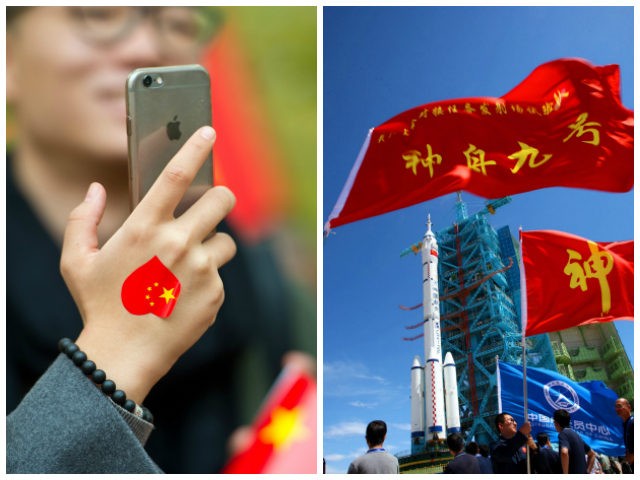Pinkerton: The U.S.-China Competition: Cyberspace and Outer Space

To be sure, Internet penetration in China is much less than in the U.S., only about 53 percent. Yet even so, in a country of 1.37 billion people, Internet users amount to more than 700 million. In other words, China has an enormous market, which the Chinese government has protected from foreign competition. Thanks to that sheltering mechanism—typically labeled as a “non-tariff barrier,” indigenous Chinese companies, such as Alibaba, Baidu, and Tencent, have flourished. While they are still smaller than Amazon, Facebook, and Google, they are technologically at or near par, and they are growing fast
Of course, there are other, less savory, aspects of the Internet. For instance, on the subject of computer hacking, the Chinese might well be the world’s leaders—even more so than the Russians. Newt Gingrich has said that China’s hacking of U.S. intellectual property costs our country $360 billion a year, while another estimate, admittedly from an anti-Beijing source, puts the cost to the U.S. at $5 trillion a year.
In view of those statistics, it’s fair to ask: Will the U.S. be able to keep any sort of lead? And in addition, is the U.S. safe from an overt future hack attack—an electronic Pearl Harbor?
In the meantime, here’s a statistic to consider: China makes 90 percent of the world’s computers, including virtually all of them sold in the U.S.—even those used, more and more, by the Department of Defense.
No comments:
Post a Comment